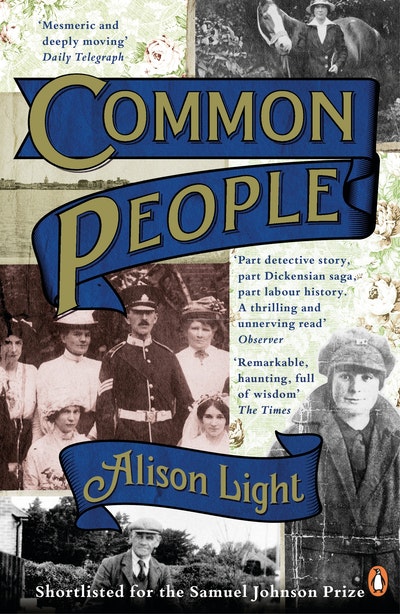[]
- Published: 7 August 2008
- ISBN: 9780140254105
- Imprint: Penguin General UK
- Format: Paperback
- Pages: 400
- RRP: $45.00
Mrs Woolf and the Servants
Formats & editions
Buy from…
- Published: 7 August 2008
- ISBN: 9780140254105
- Imprint: Penguin General UK
- Format: Paperback
- Pages: 400
- RRP: $45.00
An absorbing investigation, serious, radical and feminist in its politics, entertaining in its delivery
The Independent
Fascinating, beautifully written and meticulously researched
Literary Review
An absorbing investigation, serious, radical and feminist in its politics, entertaining in its delivery
The Independent
Offers us an invaluable glimpse into the hidden history of domestic service in an absorbing narrative, beautifully written with the sensibility of a poet
The Times
A compelling portrait of how rich and poor women of this time were locked into a strange and pernicious symbiosis, and a vital warning against social inequality
Telegraph




